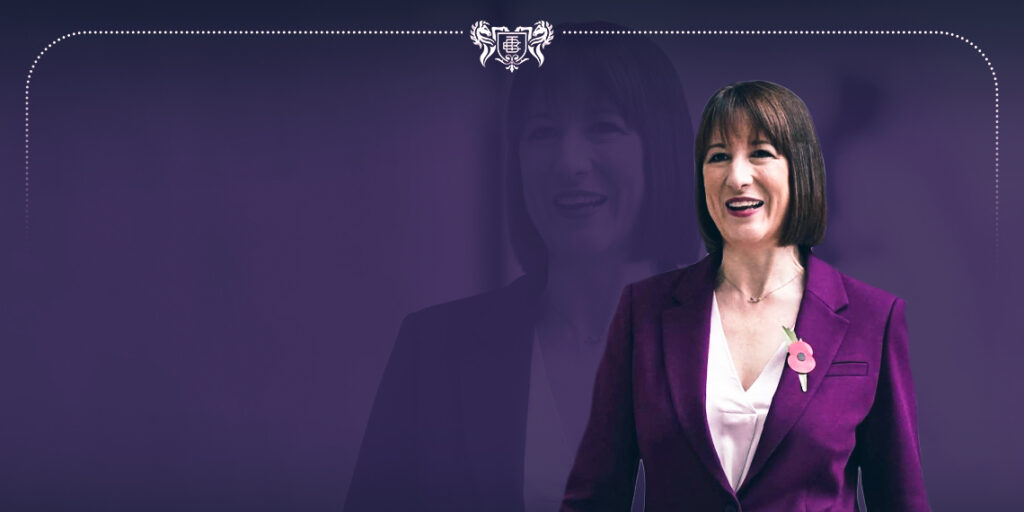The Chancellor has acknowledged she was “wrong” to promise no tax rises during the election campaign, attributing the need for increased taxes to the previous Conservative government’s failure to disclose a significant financial “black hole.”
In what marks the most substantial tax-raising fiscal event in over three decades, Wednesday’s Budget saw taxes rise by £40 billion.
Chancellor Rachel Reeves has emphasised that these tax increases primarily affect businesses, aiming to shield “working people” from the burden of VAT, income tax, and national insurance hikes.
Reflecting on her earlier election pledge not to raise taxes for working individuals, Reeves told Sky News, “I was wrong on June 11, I didn’t know everything.
“Because when I arrived at the Treasury on July 5, just over a month after I said those words, I was taken into a room by the senior officials at the Treasury and they set out the huge black hole in the public finances, beyond which anybody knew about at the time of the general election because the previous government hid it from the country.”
She asserted that her Budget is a necessary step towards restoring stability to the country’s public finances. However, she conceded that her decision to increase national insurance contributions by 1.2 percentage points to 15% for employers may impact workers’ earnings, describing this move as the “hardest decision” she faced during the Budget process.
In an interview with ITV News, Reeves acknowledged the challenges her tax decisions pose to individuals and businesses alike: “We were faced with a situation when I became chancellor where there was a £22bn black hole in public finances. Our public services were on their knees. So we needed to raise taxes to put our public finances on a solid footing.”
The validity of the claimed “black hole” has been contested. While the government insists it totals £22 billion, the Conservatives have dismissed this figure as “fiction.”
Economists from the Institute for Fiscal Studies and the Resolution Foundation have suggested that current spending plans could leave the Chancellor needing to find an additional £9 billion after next year to prevent cuts to unprotected departments.
Reeves is counting on economic growth to mitigate the need for further tax increases. In the coming weeks, she is expected to outline a series of reforms targeting pensions, welfare, and industrial strategy.
Coupled with reforms to the planning system aimed at accelerating building projects, Labour hopes these changes will significantly boost investment, productivity, and overall economic growth.


